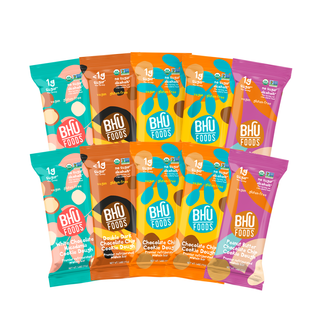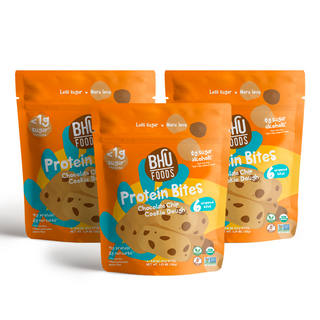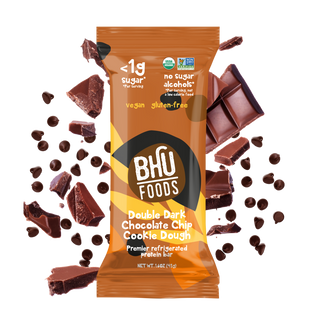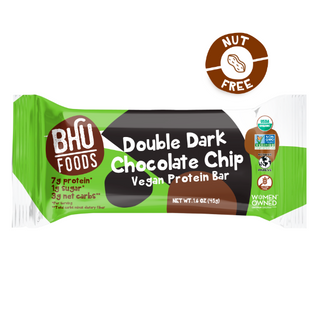
5 Surprising and Sneaky Factors That can Make You Dehydrated
It’s pretty clear that not drinking enough water will lead to dehydration, but there actually a few sneaky causes that you likely don’t know about that are making you dehydrated despite your water intake.
And it’s important to know these red flags, as waiting too long and reaching the point of dehydration may result in several unpleasant and dangerous side effects, such as muscle cramps, head pain and dizziness, among others.
Plus, there’s potential for chronic dehydration if these factors are habitual and lifestyle related unless you find ways to better manage dehydration prevention. Regular dehydration isn’t good for your body’s cells and muscles, since it causes them to shrink in size and tense up. To prevent damage, pay attention to these surprising factors, which can increase your body’s tendency towards dehydration.
High Stress Levels
That’s right—stress not only increases cortisol to affect your hunger levels, mood and skin (they’re called “stress pimples” for a reason!), but also the other stress hormone aldosterone. Stress activates the adrenal glands, which are right above the kidneys, to signal the kidneys to take in sodium, which then must be flushed out through urination, thus depleting your body of its fluid stores.
If you’re stressed daily, it can lead to chronic dehydration. Find therapeutic remedies to manage stress, like yoga, exercise or meditation, and drink a glass of water when you feel that anxiety coming on.
Certain Medications
Some medications also may lead to dehydration, so if you’re on any prescribed medications, be sure to inquire with your doctor about a potential relationship with hydration since many do have a diuretic effect. Adderall is a common medication that can make you more dehydrated, so if you take it on a regular basis you’ll want to also bump up your water intake to counteract the effects.
Humidity
When it’s hot out you are more likely to sweat, which causes a loss in fluids and electrolytes and it ends up throwing your body off balance. And even if you’re sedentary and not working out—the weather affects your body regardless of how much you’re sweating.
Yet, it’s not just about being out in hot weather that’ll do it. Humidity is a big cause of dehydration and it’s easy to spot if you are starting to get dehydrated simply by looking at to what extent your body is holding onto water. Humidity leads to puffiness and fluid retention, so if you’re swelling, drink water to prevent it from getting worse.

Getting Sunburned
If you get a burn and it starts to peel and get flaky, you’re also then losing more water, leaving your body susceptible to dehydration. Beyond just putting some aloe on your burn and getting out of the sunshine, you will also need to increase fluid intake.
And avoid any dehydrating liquids like booze or caffeine—which may be tempting especially if you got this sunburn while on vacation! Still, resist the urge and be sure to keep your skin hydrated, as then your whole body will be too.
Not Eating Enough Fruits and Vegetables
Mom always said it’s important to eat your fruits and vegetables, and she was right. Yet, besides the nutritional benefits found in produce’s heart-healthy antioxidant content and variety of vitamins and minerals, they’re also helpful for keeping the body hydrated, since fruits and veggies have a naturally high water content.
And they’ll also keep your body more alkaline, as opposed to acidic. When your body is acidic, you’ll see that your urine is yellow or scarce, which indicates dehydration. Alkaline is a preferable state, and fruits and veggies will increase water intake naturally as a handy complement to the amount of water you’re drinking in the day.














































